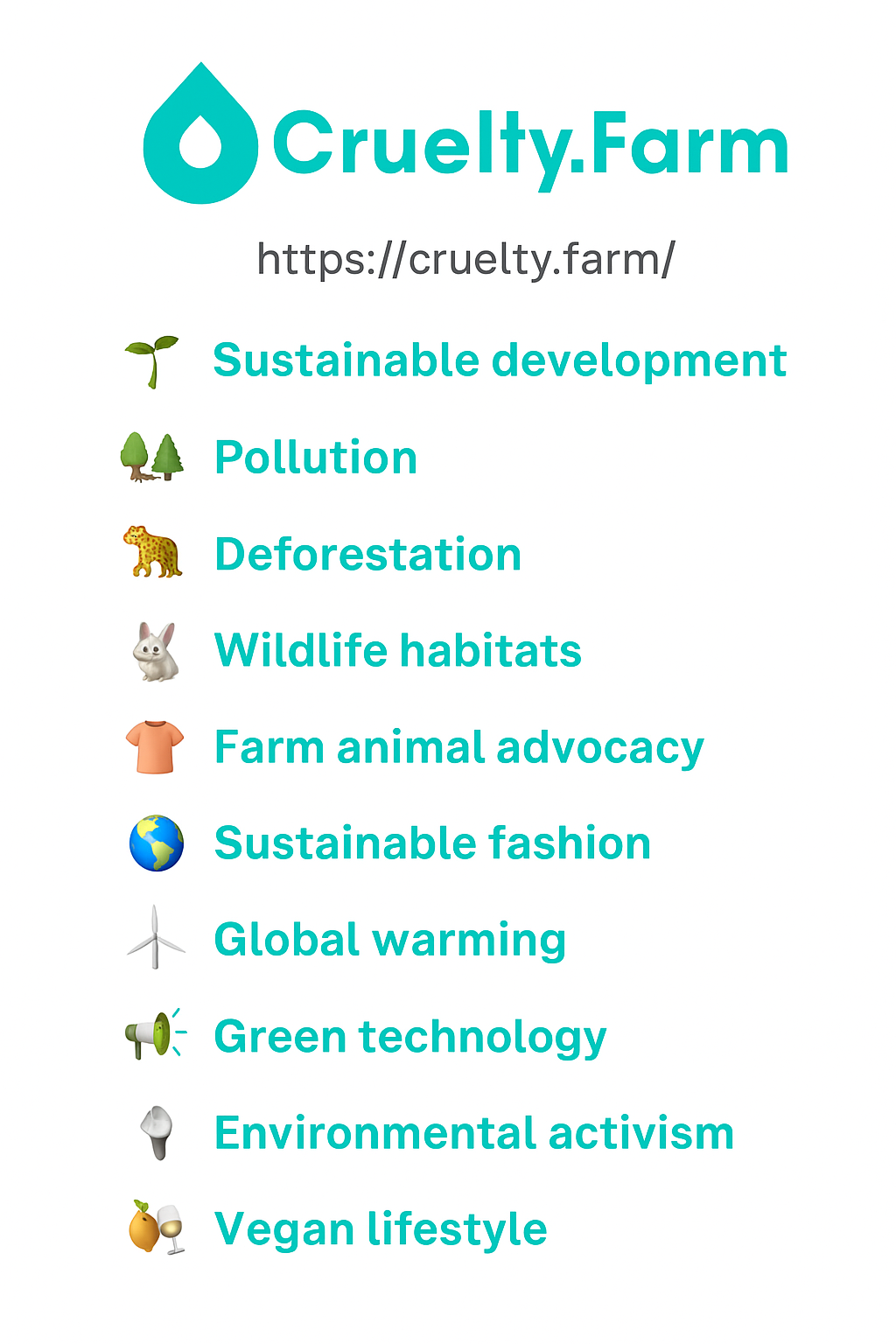Ethical Consumption: Making Choices That Matter
Cuerpo

In today’s fast-paced, consumer-driven world, every purchase we make has an impact—on people, animals, and the planet. Ethical consumption is the practice of choosing products and services that are produced and distributed in ways that are socially and environmentally responsible. It’s about being aware of the origins of what we buy and the values we support with our money.
From fair wages and cruelty-free practices to eco-friendly packaging and sustainable sourcing, ethical consumption encourages us to think beyond price tags and convenience. As awareness grows, more individuals are embracing this mindful way of living to help create a fairer and more sustainable world.
What Is Ethical Consumption?
Ethical consumption involves making purchasing decisions based on ethical values such as human rights, animal welfare, environmental sustainability, and social justice. It includes:
- Buying Fair Trade products that ensure workers receive fair wages and safe working conditions.
- Avoiding goods made with child labor or exploited labor.
- Choosing cruelty-free or vegan products that don’t harm animals.
- Supporting eco-friendly brands that minimize environmental harm.
- Reducing consumption and waste by reusing, recycling, or buying second-hand.
In short, it means being a conscious consumer who considers the broader consequences of what they buy.
Why Ethical Consumption Matters
- Protecting Workers’ Rights
Many goods, especially clothing and electronics, are produced in factories where workers face low wages, long hours, and unsafe conditions. Ethical consumption supports brands and producers that treat workers fairly, promote gender equality, and provide safe workplaces. - Preserving the Environment
Unsustainable manufacturing contributes to pollution, deforestation, and climate change. Ethical consumers choose products that are biodegradable, made from recycled materials, or produced with minimal environmental impact. - Promoting Animal Welfare
Ethical consumption means avoiding products tested on animals or made from animal exploitation. Choosing cruelty-free cosmetics, plant-based foods, and alternatives to leather or fur supports the humane treatment of animals. - Encouraging Corporate Responsibility
When consumers demand ethical practices, businesses take notice. Ethical consumption pushes companies to adopt transparent, sustainable, and socially responsible operations.
Challenges of Ethical Consumption
While the idea is powerful, ethical consumption isn't always easy. Ethical products can be more expensive or less accessible, especially in low-income communities. It can also be difficult to verify a company’s claims about being “sustainable” or “ethical,” due to greenwashing—marketing tactics that make products seem more eco-friendly than they truly are.
Additionally, some ethical choices may conflict, such as choosing between local products versus imported Fair Trade goods. Still, ethical consumption isn’t about perfection—it’s about progress and making better choices when possible.
How to Practice Ethical Consumption
- Do Your Research
Learn about the brands you support. Check for third-party certifications like Fair Trade, Rainforest Alliance, USDA Organic, Leaping Bunny (cruelty-free), or B Corp. - Buy Less, Choose Well
Adopt a minimalist mindset. Instead of buying frequently, invest in high-quality items that last longer and have less environmental impact. - Support Local and Small Businesses
Buying from local producers reduces carbon emissions from transportation and supports your community. - Reduce, Reuse, Recycle
Choose second-hand goods, repair instead of replace, and recycle packaging whenever possible. - Ask Questions
Don’t hesitate to ask companies about their labor practices, sourcing, and environmental impact. The more consumers demand transparency, the more companies will deliver it.
Conclusion
Ethical consumption is a powerful way to make a difference through everyday choices. While the path isn’t always straightforward, each thoughtful purchase helps build a world where people are treated fairly, animals are respected, and the environment is protected. By aligning our buying habits with our values, we become not just consumers—but changemakers.







Comentarios